“Meemeemaamouseamusemafieforfie.” Yup, I’m confused, and worried. Where am I supposed to meet that bus. My daughter, looks up at me with worry in her eyes and asks, what will happen if the bus leaves NYC without us. I call the tour guide 3 more times. I do not want to be left. I see Grand Central station, so I relax. I know as a last resort we can get home.
We left the tour group on a recent trip to NYC with a Chinese guide. Leaving the group however meant finding the group at a set location. Normally no problem, but our guide spoke very quickly, with a strong accent, and over the cell phone I just could not understand. Because I knew I had difficulty understanding the guide I had anxiety about whether I would be able to find the bus. I wanted to ask the guide to slow down and Pronounce his /t/ and /d/ and over articulate the ending of words. Please, help me to understand. Don’t just yell the same thing over and over at me in the same way. Of course, I said none of that because I was too busy trying to figure out where to meet that bus. You don’t have to be understood all the time, but if someone keeps saying “what?” “what?” clarification is needed. Using a different strategy when someone is having difficulty understanding is beneficial for everyone to keep in mind. Helpful strategies include slowing down, pronouncing the end of words more distinctly, asking the person to restate what they heard and while filling in what they have missed. This is called communication repair.

